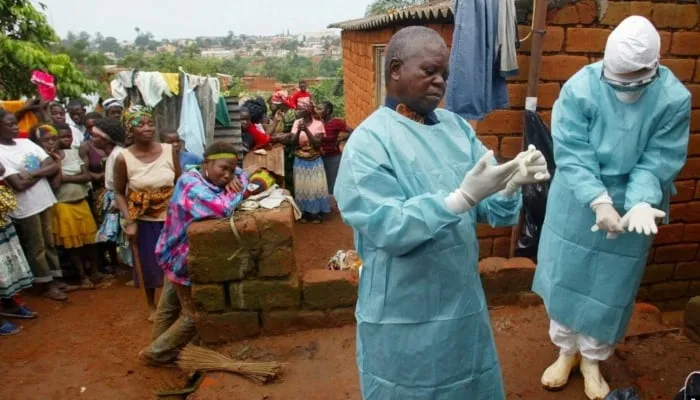In a concerning development, Tanzania has reported an outbreak of the Marburg virus, a highly infectious and deadly disease. According to the World Health Organization (WHO), the virus has claimed eight lives so far, raising alarm among health officials and the international community. This marks another significant health challenge for the region.
What Is the Marburg Virus?
The Marburg virus is a member of the filovirus family, the same group of viruses that includes Ebola. It causes severe hemorrhagic fever with a high mortality rate, often exceeding 50%. The virus is transmitted to humans through contact with infected fruit bats or exposure to bodily fluids of infected individuals.
Symptoms typically appear within two to 21 days after exposure and include:
- High fever
- Severe headache
- Muscle pain
- Vomiting
- Diarrhea
- Unexplained bleeding or bruising
Given its rapid progression and severe symptoms, early detection and isolation are critical in managing outbreaks.
Tanzania’s Response to the Outbreak
Health authorities in Tanzania have mobilized emergency teams to contain the outbreak. Efforts include:
- Contact Tracing: Identifying and monitoring individuals who may have come into contact with confirmed cases.
- Quarantine Measures: Isolating suspected cases to prevent further spread.
- Public Awareness Campaigns: Educating communities about the symptoms and transmission of the virus.
- Collaboration with International Partners: Working closely with the WHO and other organizations to access medical resources and expertise.
Global Implications
The Marburg virus’s ability to cause widespread outbreaks underscores the importance of global preparedness for emerging infectious diseases. While this is not the first Marburg outbreak—previous cases have been reported in Uganda, Angola, and other parts of Africa—the situation in Tanzania serves as a stark reminder of the ongoing threat posed by zoonotic diseases.
How to Protect Yourself
To reduce the risk of infection, follow these guidelines:
- Avoid contact with fruit bats or caves where they reside.
- Practice good hygiene by washing hands frequently with soap and water.
- Avoid close contact with people showing symptoms of hemorrhagic fever.
- Follow travel advisories and health guidelines issued by local and international authorities.
Conclusion
The Marburg virus outbreak in Tanzania is a serious public health issue that requires immediate attention and cooperation at both local and global levels. With timely intervention and effective containment measures, the spread of the virus can be curtailed. Stay informed and follow official updates to ensure your safety and the safety of those around you.
#MarburgVirus #TanzaniaOutbreak #GlobalHealth, #WHO #InfectiousDiseases #HemorrhagicFever #PublicHealth




+ There are no comments
Add yours